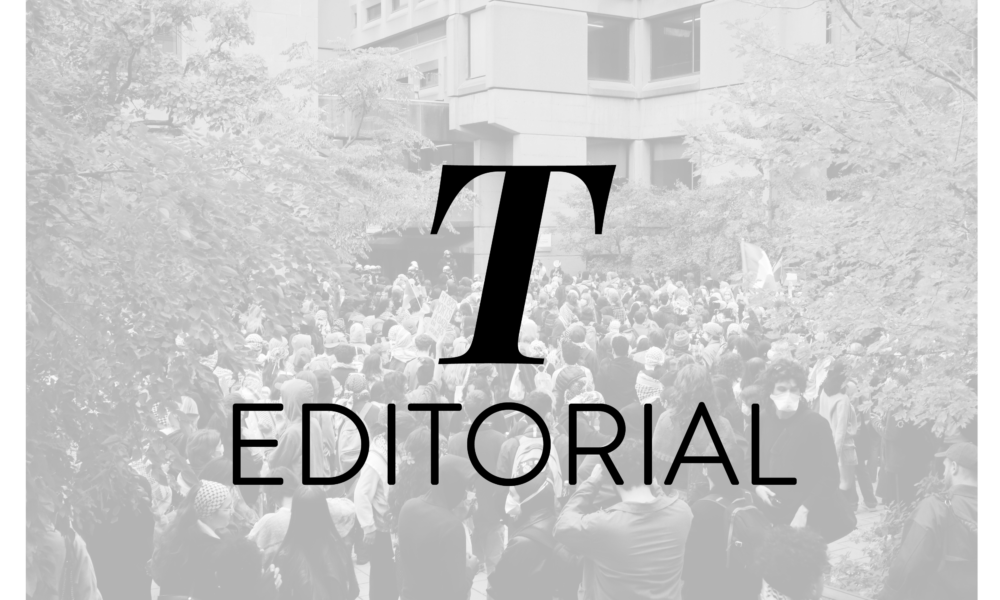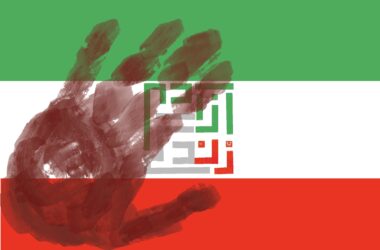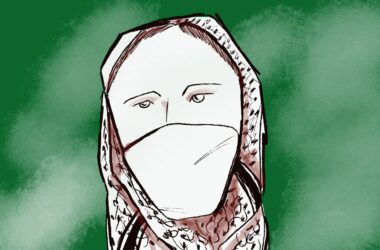American news network CNN has sparked outrage over its recent article focusing on Israeli soldiers’ experiences of trauma and suicide risk after their deployment to Gaza. Critics argue it whitewashes perpetrators of violence while minimizing Palestinian suffering in an attempt to generate sympathy for the aggressors. The article’s framing is emblematic of western media coverage that perpetuates the dehumanization of Palestinians while manufacturing empathy for those committing heinous war crimes against them.
The piece details how a former Israeli Defense Force (IDF) soldier can no longer eat meat because it reminds him of the bodies he crushed with a bulldozer in Gaza, sadistically equating Palestinians to animals. While the original article included trigger warnings for mentions of suicide and PTSD, editors notably omitted any warning about the graphic description of violence against Palestinians.
It is only in a world where Palestinian lives are dehumanized, reduced to mere numbers and statistics, that their genocide becomes normalized. The fact that an IDF soldier’s trauma, which resulted from his conscious choice to bulldoze civilians, garners more concern than the innocent lives taken by war criminals, demonstrates how irresponsible journalism like CNN’s has the power to desensitize its audiences to Palestinian suffering.
Such reporting represents a fundamental neglect of journalistic responsibility. When globally influential news organizations choose to give authority to those participating in genocide while rendering their victims invisible, they become complicit in the sanitization of state-sanctioned violence. Avoiding the explicit term genocide in this article about violence in Gaza fails to accurately inform and provide context for readers, given that Israel’s actions in Gaza fit the legal definition of genocide, and international human rights organizations have categorized it as such. CNN’s article does not attempt to represent both sides—it is a conscious editorial decision to frame war crimes through the perspective of their perpetrators.
As Israel continues its deadly military campaign in Gaza, Lebanon, and Iran, mainstream media’s persistent negligence to adequately cover Israel’s abominable actions forces Palestinian journalists to risk their lives documenting their own ethnic cleansing. From denying journalists access to Gaza, killing and targeting Palestinian journalists, and propaganda campaigns, Israel has deliberately presented innumerable challenges to responsible reporting. Yet these obstacles do not excuse the mainstream media’s failure to amplify Palestinian voices and explicitly call out Israel for its crimes against humanity.
Media institutions must aim for equitable and accurate coverage that tells the stories of the oppressed and speaks truth to power. This means recognizing that the trauma IDF soldiers face stems from the disproportionate violence and brutalization they actively choose to commit on Palestinians. Responsible journalism does not mean creating false equivalencies of suffering when the weight of truth is clear. It requires the courage to name genocide for what it is, to challenge systems of oppression rather than amplify them, and to recognize that objectivity in the face of atrocity serves only to protect the perpetrators.
When we passively consume media that sympathizes with oppressors while disregarding the victims of their violence, we, too, become complicit in the devaluation of Palestinian lives. Critical engagement requires questioning why certain stories dominate headlines while others are disregarded, and examining which perspectives are granted authority and which are systematically silenced. Readers must challenge institutions––including McGill University— that claim to inform while serving as mouthpieces for state violence.This means actively amplifying voices from communities most impacted by violence, supporting independent Palestinian journalists who courageously document horrific realities, and sharing these perspectives with those misled by mainstream narratives. It means holding powerful media outlets like CNN accountable, and demanding equitable coverage that humanizes Palestinians rather than reducing their reality to a statistic on a screen. Through alternative media, campus organizing, and academic discourse, we have a collective responsibility to forge spaces for Palestinian narratives that mainstream outlets continue to suppress.









